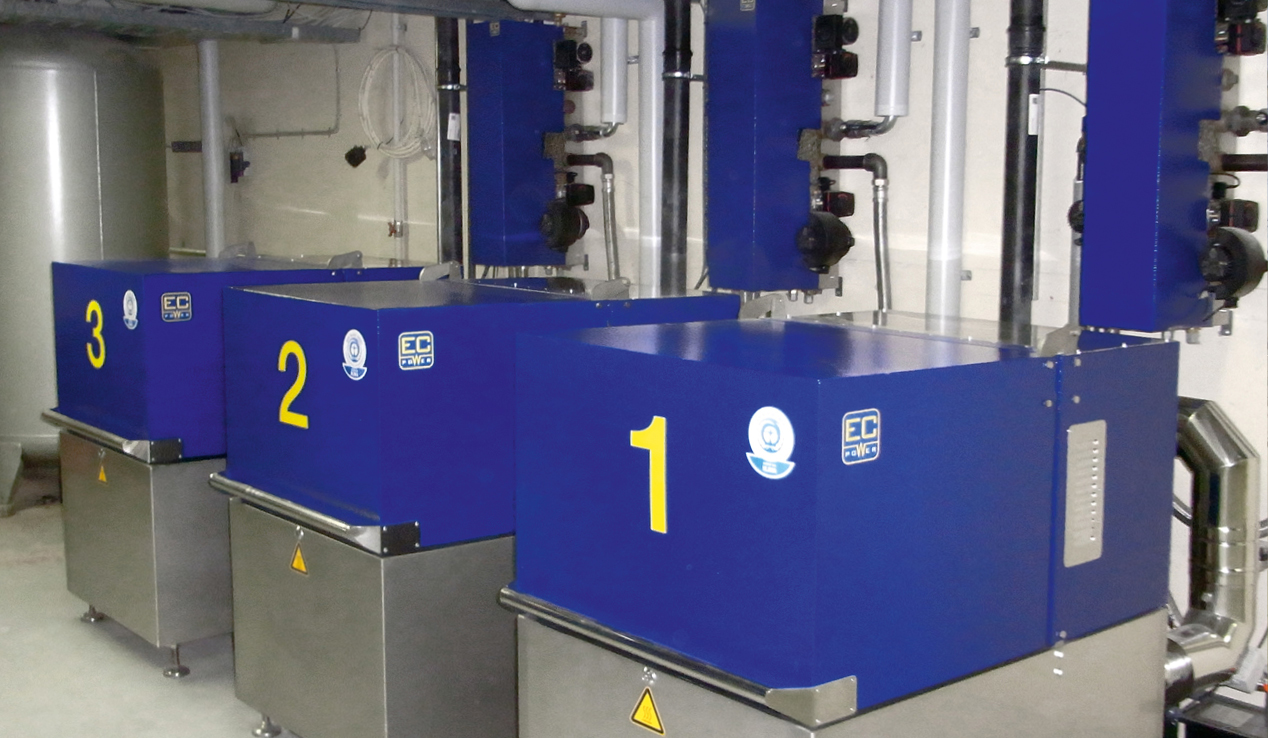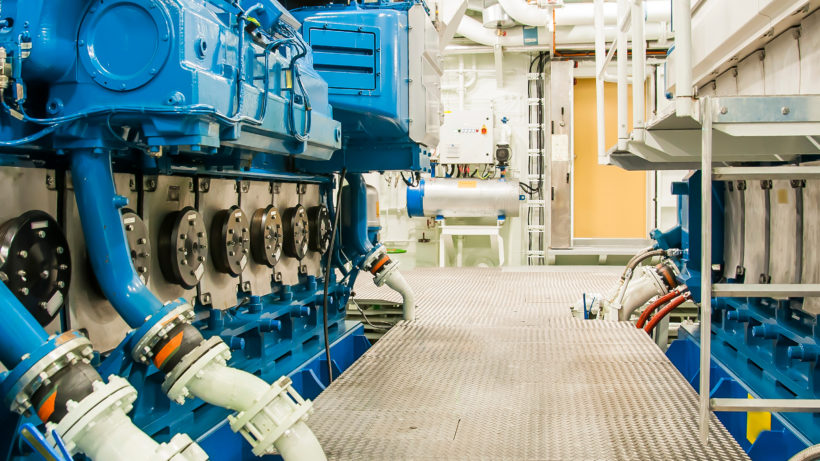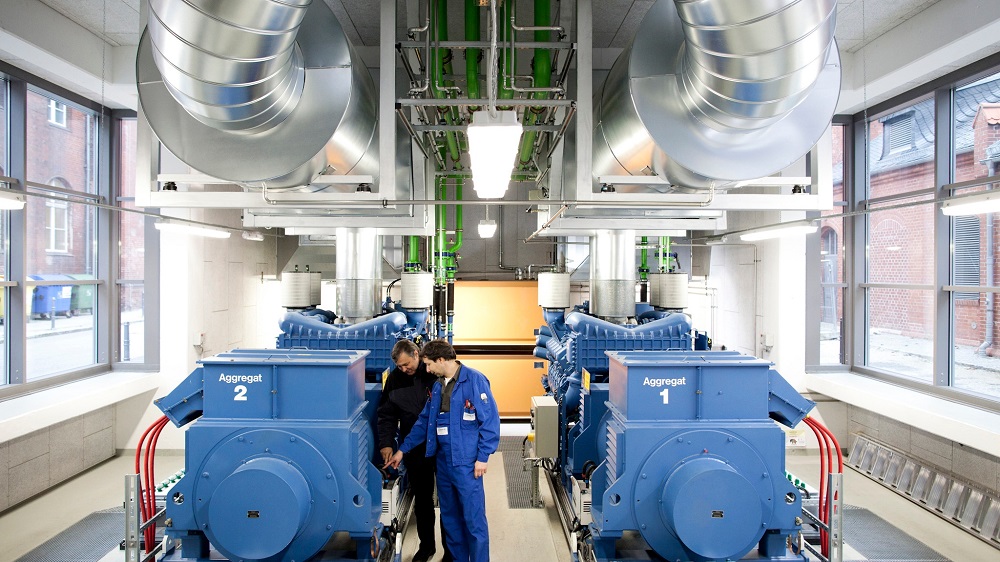
Reliable
Engine power plants can provide steady power, around the clock, to meet the continuous electricity demand (that is, they can act as “base load” power plants). Base load engine power plants are particularly suitable for challenging conditions, in remote locations such as islands and in extreme climates. They are robust and can run on a wide range of fuels, including biogas, biomethane and hydrogen blends. Modular concepts allow for a fast installation.
Engine power plants are also the technology of choice for emergency situations when other power sources fail. This is why they are very often used to provide backup power to essential infrastructure and services such as hospitals, data centres and public electricity networks (grids).
Responsive
Thanks to their very fast starting and ramping capabilities, engine power plants are the ideal technology to act as ‘peaking’ or ‘grid stability’ power plants. Peaking plants feed energy into the grid every time there is a peak in power demand or a slump in supply. They therefore represent an optimal technology to complement the electricity provided by growing shares of intermittent renewables.
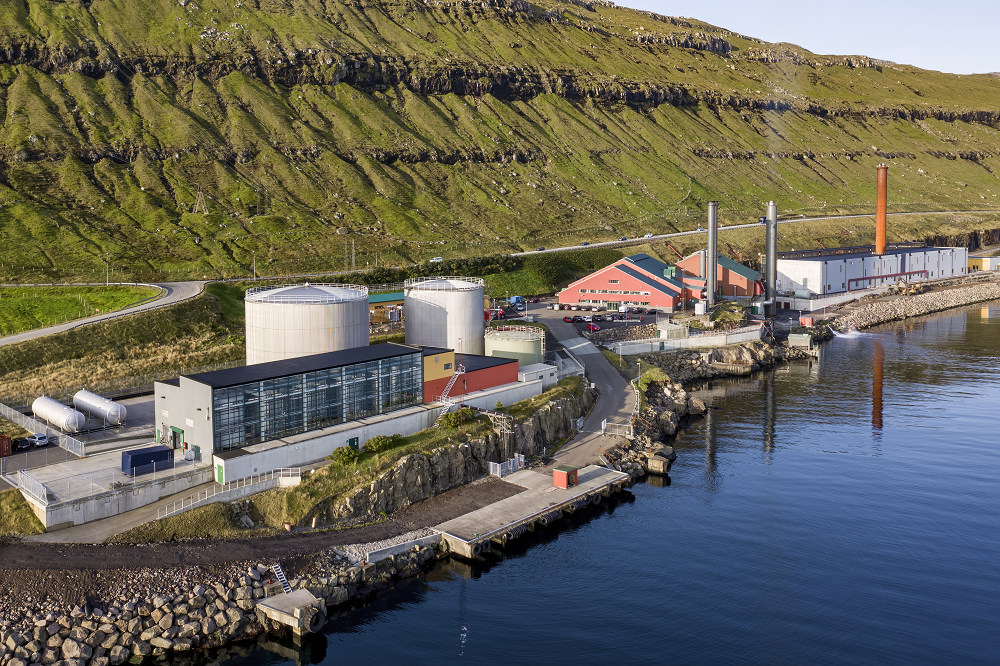
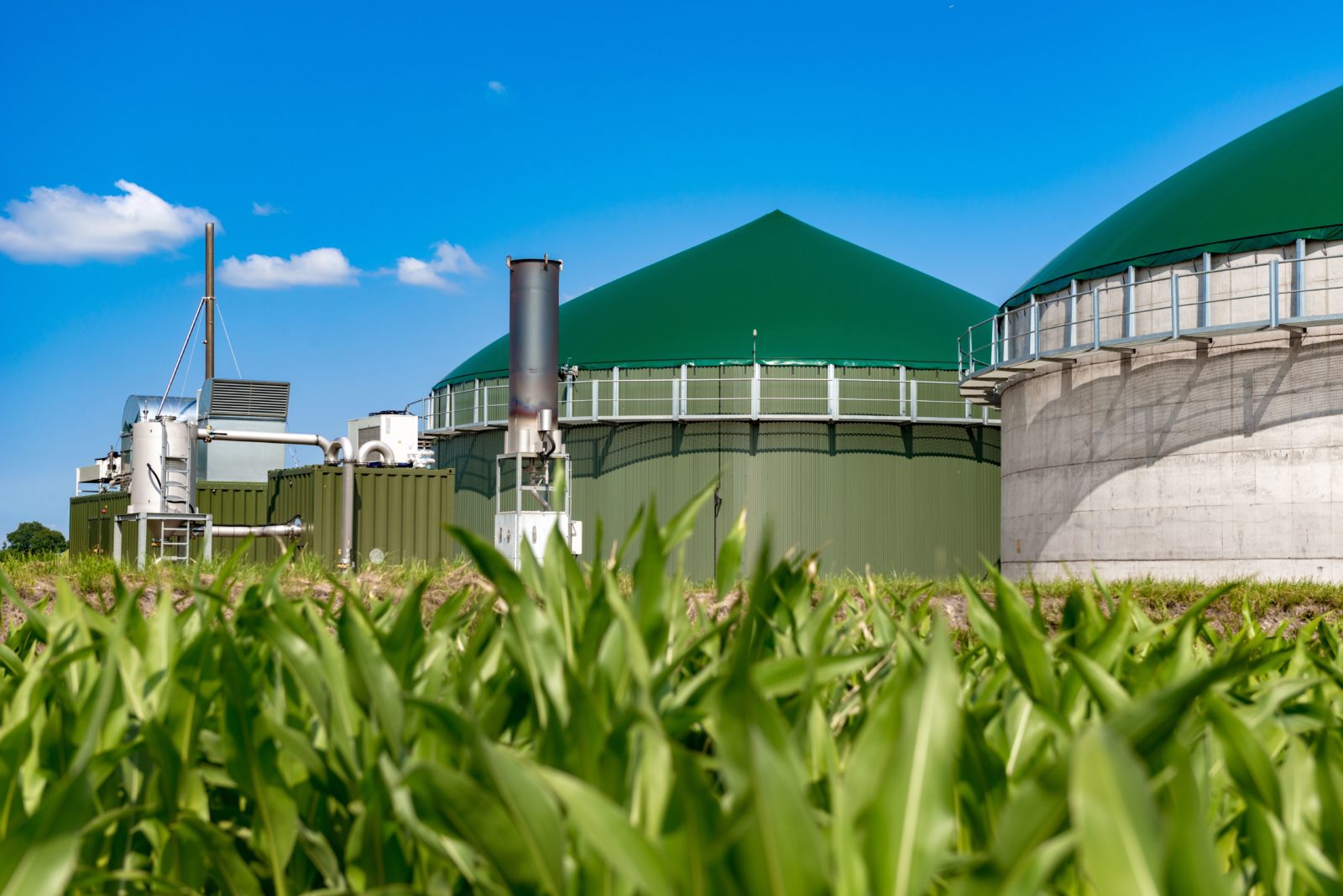
Sustainable
Gas engines can adapt and operate with different types and qualities of fuels and gases, including renewable hydrogen produced from electricity through Power-to-Gas technologies and bio-based gases, such as biogas and biomethane.
Engine power plants are therefore a forward-looking technology ready to operate in a net-zero economy.
Efficient
Cogeneration plants run by engines produce both electricity and heat and can reach efficiency levels of up to 95%. They provide cost-efficient and sustainable electricity and heat to industry, public buildings and district heating networks. As decentralized solutions, they also help avoid the development of (often costly) high-voltage power transmission lines.
